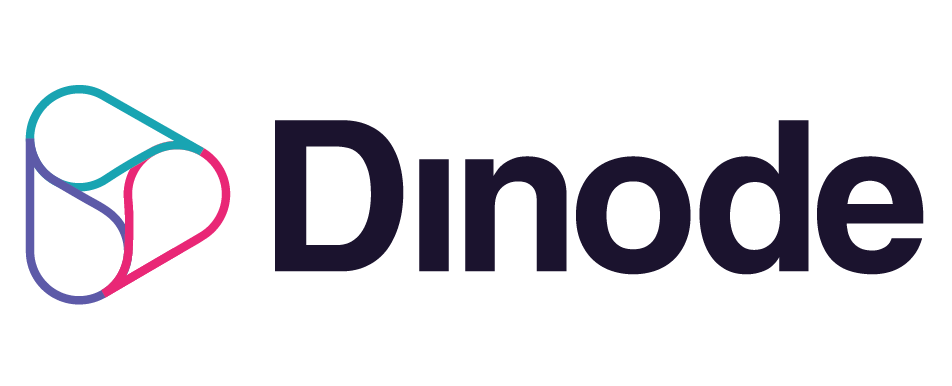
10 Mar A World without Email?
Cal Newport is a writer and computer scientist, who’s latest book, A world without email, aims to re-imagine work in the age of overload. (I haven’t finished reading the book yet, but I did listen to a detailed and thought provoking interview Cal gave to Ezra Klein – which is an excellent listen, and you should add that to your podcast feed right now)
At its core, Newport suggests that once email was created, we effectively stopped adopting novel, process driven approaches to productive work. That a loose, federated, low-friction way to solve process problems was seen as “good enough” and that the “Hyperactive Hive Mind” would get it done. Newport sees instant messaging software like Slack and Teams as real-time variants of this Hive Mind – and points to considerable supporting evidence that overall productivity hasn’t really changed much since the days of the 8 hour workday and inter-office memos delivered by cart.
Studies show that on average, most knowledge workers check their email every 5.4 minutes. And the average amount of undistracted work performed by a knowledge worker in an average day adds up to 1 hour and 15 minutes, punctuated by these periodic communication checks.
In addition to these sobering facts, is the fact that on the whole, email makes us miserable.
People organise their entire work lives around their email. I’ve never understood how people use their inbox like a task list. Your inbox is not your inbox. When was the last time you actually put something there? Your inbox literally belongs to everybody else except for you.
And so, we’re working 10 hour days at the mercy of our colleagues and the greater world – constantly on alert for the next piece of slack toast, the next dopamine email ding! We live our work lives in a perpetual state of social anxiety, we task switch constantly, we fight distractions (and lose), we send more emails and slack messages as some kind of cover, and we very rarely find time to actually engage in deep, meaningful, directed work.
Newport contends that these modern tools don’t work well for our ancient brains, and on some level, my ancient brain agrees. It’s been a bit different for me since leaving a large corporation, but when I was getting 1 to 2 hundred emails a day, I couldn’t possibly cope. My strategy was to add a recurring task to “check email” and to only do it once or twice a day. I made sure my team knew that I did this, and that if anything was more urgent, then it probably warranted a phone call. But even with this sensible sounding policy in place, I felt driven to check in on the hive mind anyway. I felt like I was missing out, that there might be something going on that needed my input.
As a single individual, it’s hard to break out of this approach. Because we’re such social creatures, and we’re driven by our social constructs. The real reason nobody can leave Facebook is because everybody else is on Facebook. I think we might need to re-think our approach to these social systems as part of the way we structure work for everyone.
Our approaches to work have evolved and changed in the last forty years. Maybe they can evolve past email. Maybe flexible, process centric networked systems with specific roles and functions could provide better places to actually get productive work done. Maybe the no code revolution can help here.
If nothing else, at least the next time you get that faint panicky feeling when you’re trying to get some work done and you are interrupted by the Outlook “New Mail” sound, know that you’re not in this alone. We’re all feeling it!




Sorry, the comment form is closed at this time.